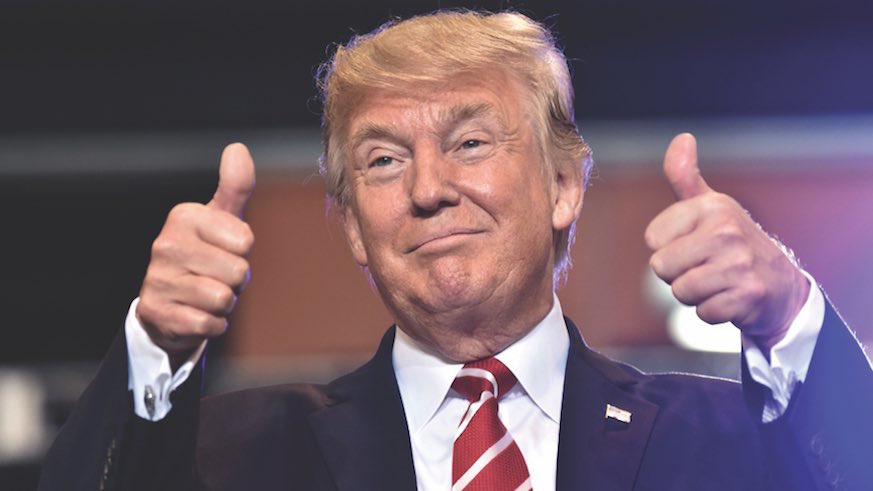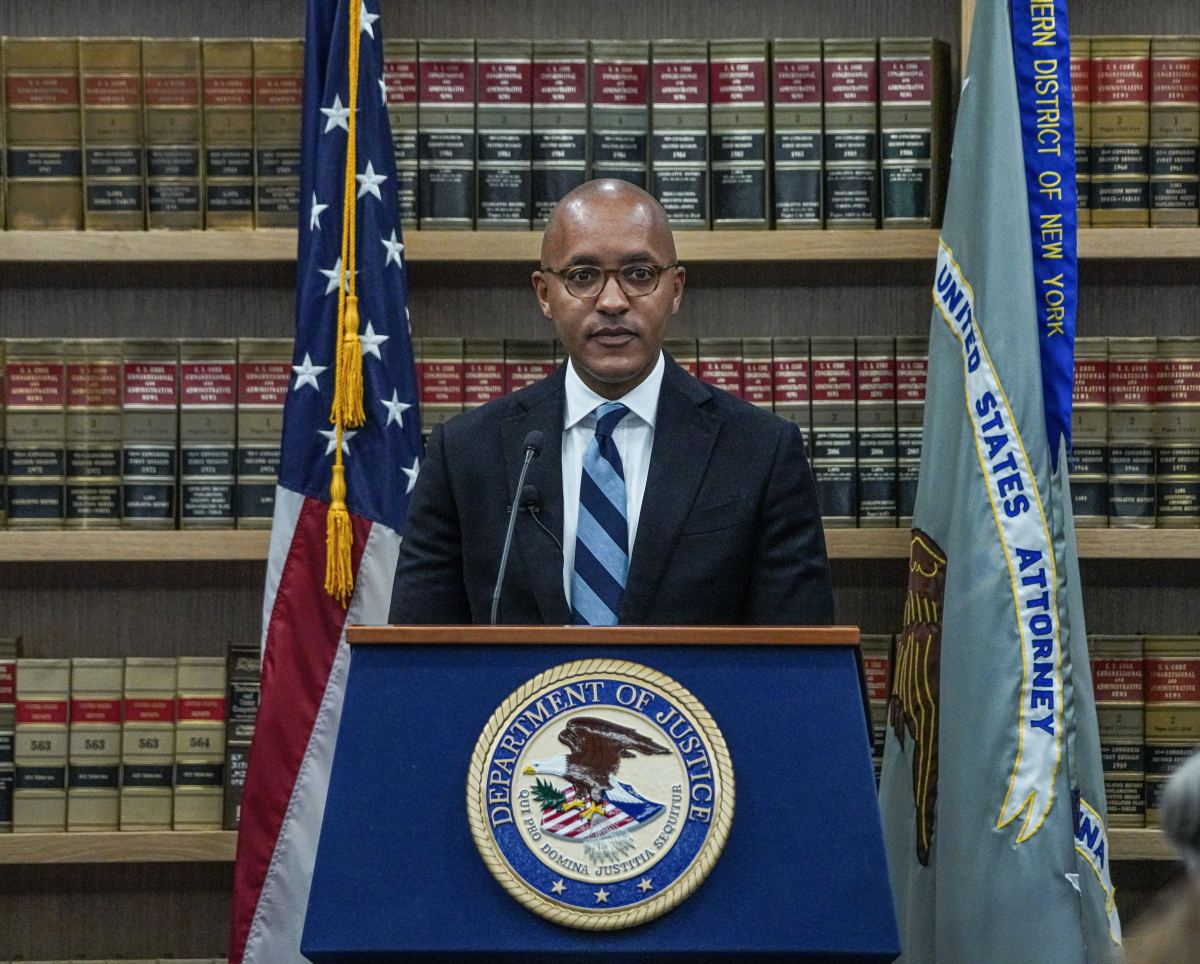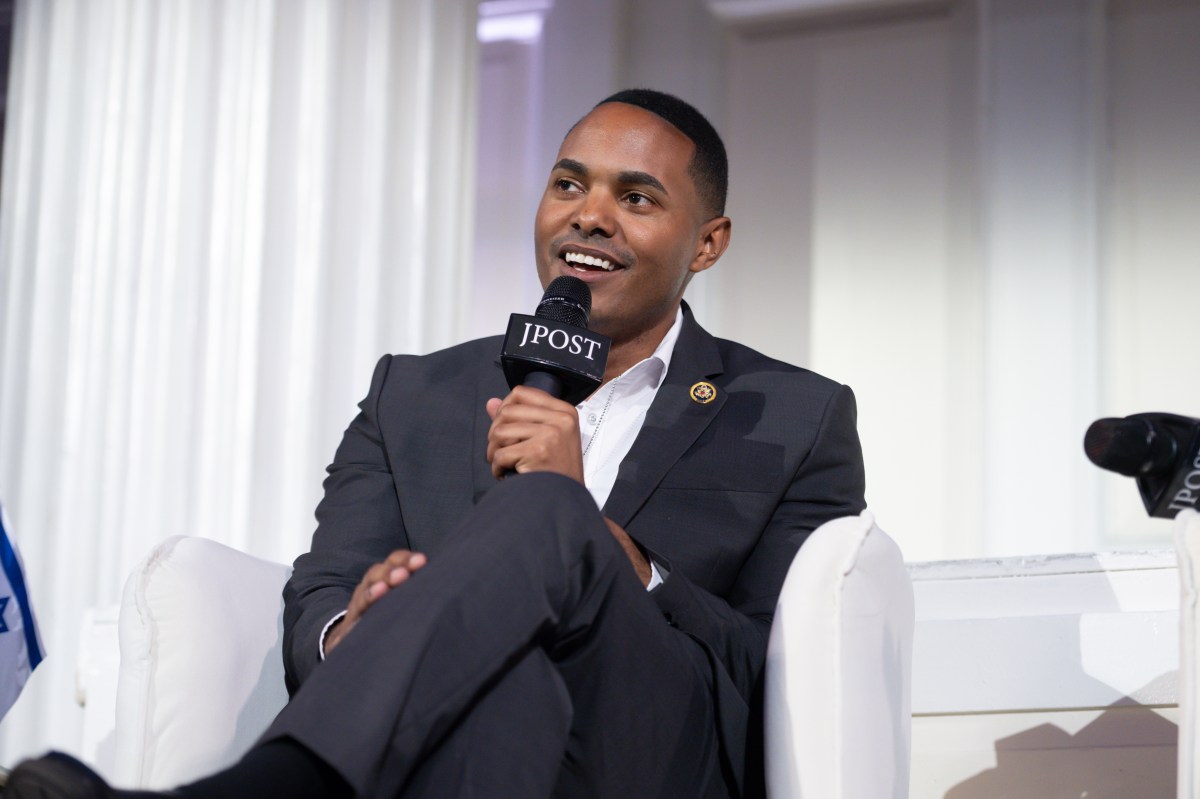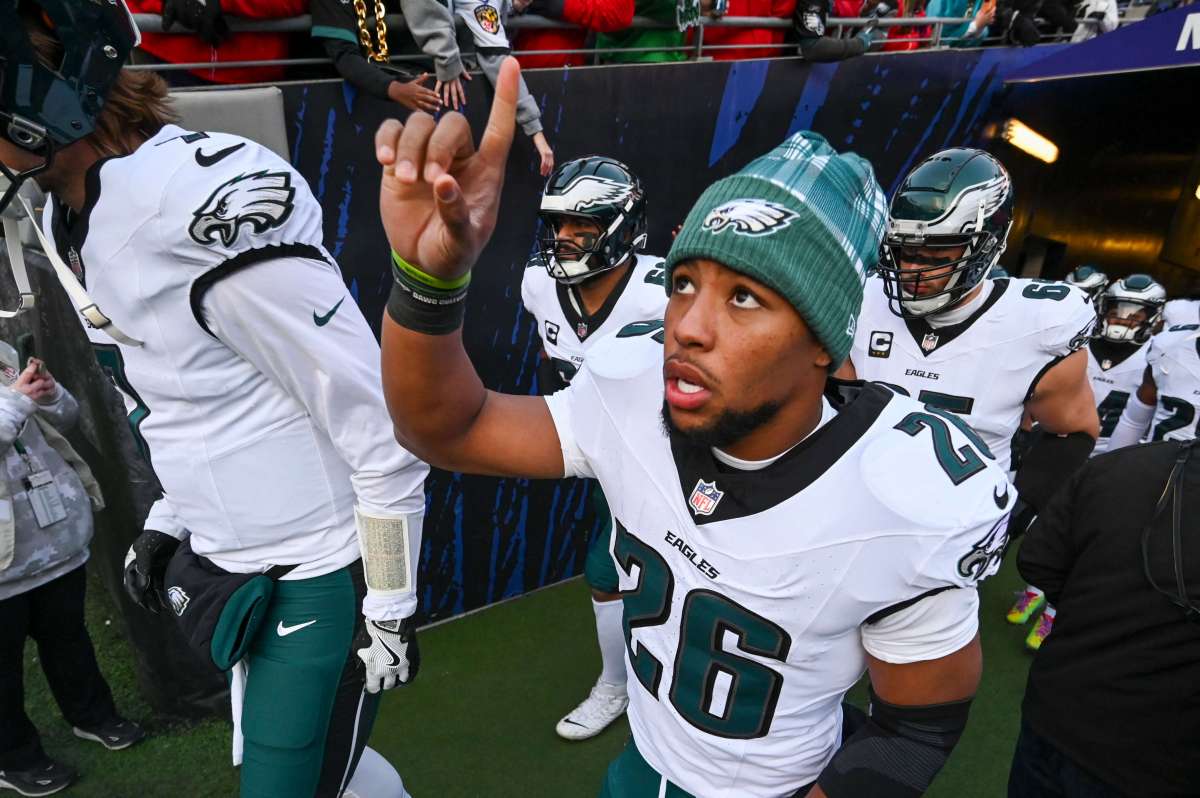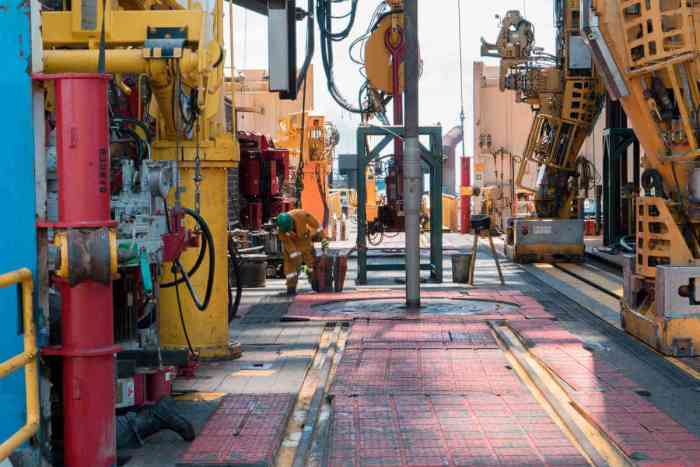Donald Trump built his brand on the appearance of being rich — and striking the right kind of deal to become even richer. But during his run for president, details about how Donald Trump made his money emerged, and the truth was quite different than the image he crafted in books, tabloids and TV shows. It left many asking the question: How is Donald Trump rich exactly, and is he as rich as he claims?
How did Donald Trump make his money?
After college, Donald Trump joined the successful real estate business run by his father, Fred, and established the connections that allowed him to branch out on his own. In the ’70s, he began his own business with about $14 million in loans from Fred Trump, according to a Wall Street Journal report. (Trump said he started out with a “a small loan” of $1 million, but that was one of several in his early years; he benefited from a $1 million trust his father started for him in 1976.)
“Donald Trump relied on his father’s resources. He needed his father to co-sign his loans and relied on his banking and political connections,” wrote Gwenda Blair, author of “The Trumps.”

Trump’s first big deal came in 1976, when he bought the failing Commodore Hotel next to Grand Central Station in New York City. He renamed it the Grand Hyatt, negotiated a big tax break from the city, and ultimately sold his half of the hotel in 1996 for $142 million.
Trump bought other buildings in New York City, including the Plaza Hotel in 1988. He built the 58-story Trump Tower on Fifth Avenue in 1983. Trump’s developments were heavily leveraged with debt, and the Plaza Hotel went bankrupt in 1992 and he lost his entire investment. He averted professional ruin later that decade by delaying debt payments and taking his company public, raising money from stockholders. As was commonly noted on the campaign trail, Trump filed for bankruptcy five times.
How is Donald Trump rich?
Trump markets himself as a real-estate mogul and master dealmaker. But real estate is not how he’s rich. The reality is that his development business has not been, and is not today, all that financially successful.
In 2015, the Associated Press reported that if Trump had simply retired in 1988 and put his money in an index fund, he would be $10 billion richer than he claims to be. A 2016 “Vox” analysis said he should have quit while he was ahead years earlier — in 1982. In fact, for a decade starting in 1995, Trump’s company lost 90 cents on the dollar, said billionaire investor Warren Buffett, who famously added that a monkey throwing darts at a stock board would have made 150% on its choice during that time. In March 2016, John Griffin, a finance professor at the University of Texas, calculated that Trump’s companies had underperformed the real-estate market by 57% since 1976.

Most of Trump’s wealth comes from licensing his last name. He has at least 50 different deals to append his name to buildings and golf courses. That has generated $59 million in revenue, the Washington Post reported in January.
As for Trump’s total net worth, on the campaign trail he claimed it was $10 billion. Most analyses put it at much less. This month, “Forbes” magazine pegged his net worth at $3.1 billion, making him the 766th richest person in the world. In 2017, he was ranked 544th, with a net worth of $3.5 billion.

